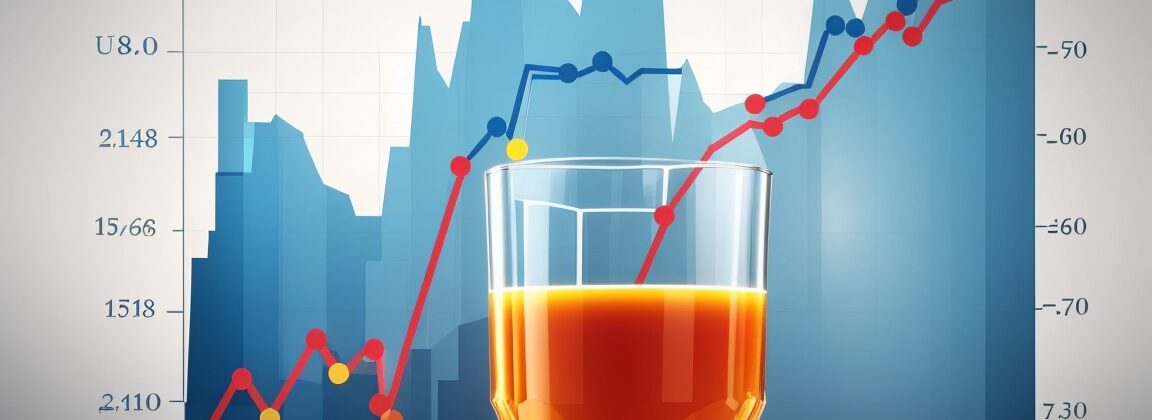Exploring the Different Flavors of the Forex Market
If you’ve ever dabbled in the world of forex trading or have been curious about it, you’ve probably come across terms like “spot,” “forward,” and “futures” forex markets. But what do these terms really mean, and how do they affect your journey in the thrilling realm of currency trading? Well, let’s break it down in plain and simple language.
Spot Forex Market: Where It All Begins
Imagine you’re in a foreign country, and you need to exchange your dollars for the local currency. You walk up to the exchange counter, hand over your dollars, and get the local currency in return. That’s the spot forex market in action! It’s like an instant currency swap. This market deals with currencies for immediate delivery – as in, right on the spot or within a couple of business days.
Traders, tourists, and businesses often use the spot market for everyday transactions. It’s like the heart of the forex world, where the exchange rates you see on the news ticker come to life.
Forward Forex Market: Making Plans for the Future
Now, let’s say you’re a business that’s got big plans overseas. You’re worried about exchange rate fluctuations messing up your budget. That’s where the forward forex market steps in. In this market, you can agree today to exchange currencies at a set rate, but the actual exchange doesn’t happen right away. It’s like ordering something online and waiting for it to arrive.
Businesses use forward contracts to lock in exchange rates for future transactions, reducing the risk of currency swings. It’s a bit like financial fortune-telling, where you predict your future currency needs.
Futures Forex Market: Speculating and Standardizing
Last but not least, we’ve got the futures forex market. Think of it as the wilder, more organized cousin of the forward market. Here, traders place bets on the future prices of currency pairs, just like betting on your favorite sports team.
Futures contracts are standardized and traded on specialized exchanges. They have set sizes, expiry dates, and are closely regulated. These contracts can be a playground for risk-takers and speculators who want to profit from currency price movements without actually dealing with the currencies themselves.
So, which forex market should you dive into? Well, it depends on your goals and risk tolerance. The spot market is the easiest entry point, where you can trade currencies directly. Forward contracts are for planners who want to lock in rates for future transactions, while futures contracts are for those who like a bit of excitement and speculation in their trading journey.
Remember, forex trading can be exhilarating, but it’s also risky. Make sure you understand the market you’re getting into, develop a solid strategy, and manage your risks wisely. It’s like navigating the choppy seas of finance, but with the right knowledge, you can set sail toward your trading goals.
Happy trading, fellow forex adventurers! May the pips be ever in your favor.



Leave A Comment